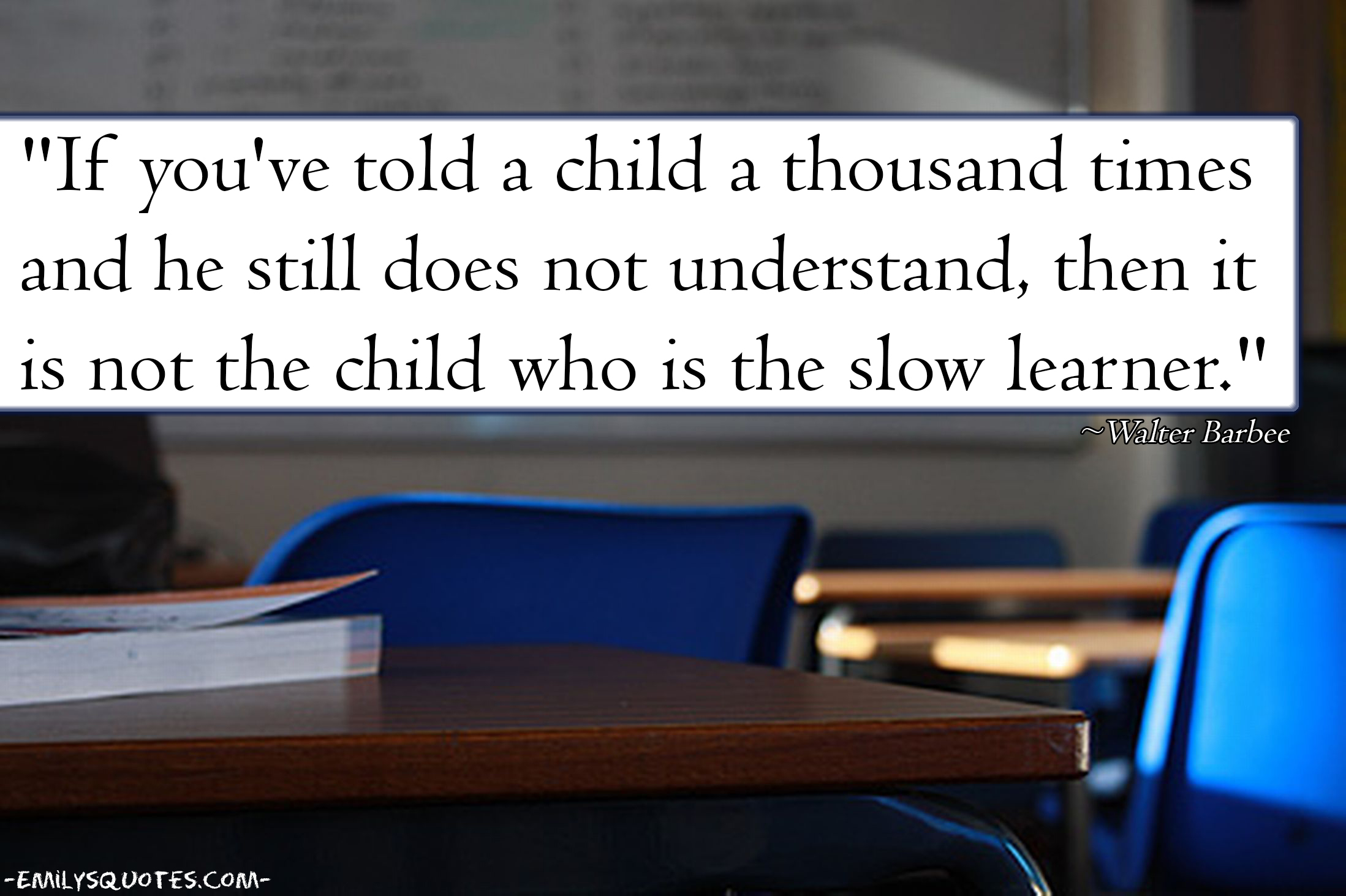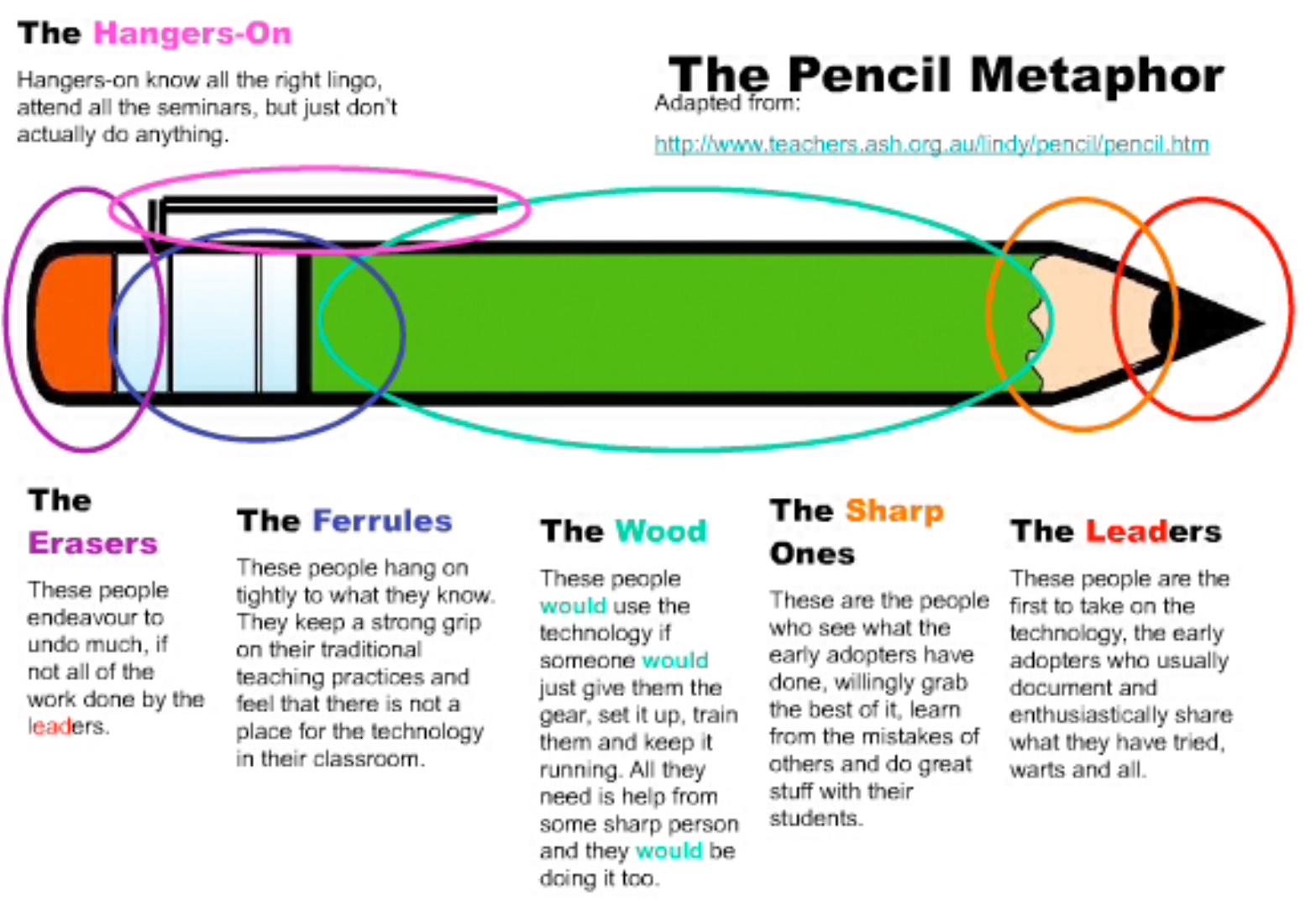My third post for the #28daysofwriting challenge is going to be an analysis of my desk at school. This idea came from @mrlockyer who posted a list of
29 ideas for #28daysofwriting yesterday. Number 25 seemed like a good idea at the time - "Write about your desk. Show us a photo. Don't tidy it beforehand". Now I'm not so sure.
Now anyone who knows me that my desk is often a cluttered mess of pieces of my life strewn across it's top. Until now. Last year my colleague and I trialled getting rid of traditional desks and trying to stick with a shelf to house all of the necessities for life as a teacher. Last year it worked well. I had a tiny shelf with a tiny top that I found impossible to stack things on. Enter this year... a change in classroom, no small shelf... a larger one with a much larger top. It's pretty much like having a desk again, except it's a shelf. Or maybe a cupboard. I haven't decided.
The start of the year is the most kind time to photograph my desk. I try to give the illusion that I maintain a tidy desk, I try to set a good example for my students rather than a 'do what I say, not what I do' stance on desk etiquette. Last year my do-gooder stance lasted all year and I was secretly incredibly impressed with myself. This year I'm not so sure, it's going to be harder work.
So the breakdown - what my desk says about me:
The cord running across my desk means that I do not have an extension cord long enough to go around the back thus hiding it and it also means I have had a complete lack of time to hunt one out. It really, really bugs me. Obviously not enough to do something about it yet though.
The Lion, The Witch, And The Wardrobe - we are into day two of reading this book and the students are entralled. So am I. I've never read it and I can't imagine why ever not.
The hat, sunblock and keys are absolute necessities, especially for duty days when roaming the grounds in the heat of summer (with mozzie repellent thrown in for good measure and never one to be unprepared - I have two bottles of it on my desk).
The skewer of notes are reminders from parents for the multitude of things running through my tired brain at the end of each day - who can't swim and why, who's going where and when, all the possible reasons - both made-up and real, for every situation imaginable.
A little plaque that reads "Children are born with wings, teachers help them learn to fly". I love that quote. It's the reason I do what I do.
The papers in a pile, a subtle hint that I have a lot to do and have done not nearly enough of any of it. Hidden out of sight from the photograph is the much (much!) larger pile of papers on the floor in front of my desk... You know, trying to keep a tidy desk and all.
Baby wipes... hmmm I may lean towards having a messy desk, but never let it be said that it is a dirty one! A bit of a perfectionist and clean freak, my penchant for things to be clean is evidenced in the wipes, and sponges, disinfectant, and sprays (eco-friendly of course!) that are out of sight.
Stationery. I love stationery. One can never have enough stationery. Period.
Surprisingly there is not a half finished cup of cold coffee on there. Very surprising. But then it is the start of the year and I'm trying to turn over a new leaf.
So that's my 'desk'. Or shelf. Maybe a cupboard. Or place-to-house-ever-increasing-amounts-of-stuff. Whatever you want to call it, it really does say a lot about a person. What does yours say about you?














